“In Business You Must Be Resilient, Visionary and Hard-working”
- Par Monica NKODO
- 17 Dec 2019 16:42
- 0 Likes
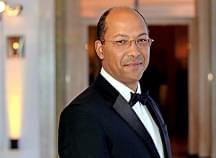
Nicolas Pompigne-Mognard, CEO and Founder of APO Group, talking about the birth evolution of his company as well as the take-off of the African economy based on optimistic communication
You created APO Group in 2007 while you were a journalist for the Gabonews news website and you found that it was very difficult to access press releases related to the African continent. Do you have the feeling, 12 years later, that African and international journalists can more easily access these press releases?
As a former journalist, I experienced first-hand how crucial the dissemination of news about Africa’s economy was to the development of the continent. Neither the African media or – more importantly - the international media community had access to reliable information about new investments in Africa, new CEO appointments, new startups, new international events, new awards and so on. APO Group provided that facility almost instantly. By signing strategic agreements with Bloomberg, Reuters, LexisNexis, Dow Jones Factiva and other major international players, we were suddenly guaranteeing the worldwide distribution of thousands of Africa-related press releases in a standardised, internationally-recognized NewsML format for the first time. APO Group has grown massively since those first partnerships. We are Getty Images’ strategic partner in Africa, we manage a database of over 400,000 journalists and offer integrated services to over 300 clients across Africa. So, I can say with certainty, that 12 years later, African and international journalists now enjoy comprehensive access to thousands of press releases related to the African continent - and much more besides.
How did you manage to impose the importance of the press release in the media world? And how did this move contribute to your ambition to change the image of Africa around the world?
We did not have to impose the importance of the press release in the media world as there was already a desperate demand for this content from African journalists. I knew this need had to be met in order for Africa to be able to take control of its own narrative and drive economic growth. The inability of African journalists to access Africa-related information was reinforcing their dependence on Western media and press agencies. Most of the press releases issued by African governments and African institutions never reached the international media community at all. Many even failed to reach the African media community. A recent McKinsey study said “Africa is poised for economic acceleration akin to the Asian boom”. The continent is home to six of the top ten fastest growing countries in the world. Many companies are planning their expansion across the continent to get their chunk of this huge untapped market. Distributing positive news about African development is an integral part of our company culture at APO Group. Right from the start, back in 2007, our vision was to put Africa in the international spotlight so it can thrive. We must continue to promote positive developments, and it is Africans themselves who are best qualified to tell authentic local stories. One of our biggest contributions has been in creating a network of global, best-in-class partners that have helped drive these stories to new international audiences.
On the continent, the many customers of APO Group are private sector companies. Yet states also need communication channels such as those proposed by your group to provide viable information about their activities. Do you plan to offer your services to governments?
APO Group is already active with clients in government departments. We actually see huge potential for these types of organizations to better harness the power of communication. They usually have hugely compelling stories to tell – and their audiences are out there waiting for content. But too often, they are failing to take those opportunities. As the market-leading media relations provider in Africa and the Middle East, we already work with hundreds of the biggest commercial multinationals, so our expertise is self-evident, and could be well-utilized by African governments. But first they need to professionalise to ensure they are reaching their potential – particularly internationally. Attracting investors and tourism is essential to success for public organizations in Africa, and it should be standard for governments to have weekly online press briefings. They are simple to facilitate, and the results can be profound. We worked with the government of Sierra Leone during the Ebola crisis. We quickly identified that the whole world was talking about their country, but they were silent. We gave them a voice and allowed them to get their side of the story across. We coordinated five press conferences from Freetown. The world’s press was there: the BBC, CNN, and Xinhua – everyone. Suddenly, they were a part of the conversation. So I think, in general, governments need to do more. The international media community is listening.
How does APO Group adapt in an environment where information, whether proven or not, circulates at high speed, usually spread by social networks?
It has never been easier to publish information that suits any agenda. Social media is largely unrestricted in terms of checks and balances that sort out fact from fiction. As a result, it is increasingly difficult to trust what you read online. For news distributors, it has never been more important to ensure audiences are receiving credible, factually accurate information. Africa, in particular, has been a breeding ground for misinformation – with campaigns on social media fuelling divisive political propaganda and corruption. All of this highlights how valuable an organization like APO Group is in identifying authentic stories and weeding out damaging and inaccurate ones. As a news distributor, we have a duty of care not only to our clients – but also to the media, who see us as a crucial, reliable Primary Information Provider. When we issue a story, it is not just going to one recipient – but to newsrooms all over Africa and the world. It’s why APO Group have always made it a priority to ensure the authenticity of the news releases we publish. Most important of all, we have made it a fundamental rule never to relinquish a human editorial presence. We will always check the validity of our news releases sources, and if we have any doubt whatsoever, we simply don’t distribute. I don’t think it is an overstatement to say that APO Group is a beacon for authentic content in a chaotic world of fake news and misinformation.
Today, you are involved in many events related to the sporting world, including rugby and basketball. What are APO Group's projects in this sector? And what other new field are you aiming for in the future?
Sport has the power to inspire millions of people and help put Africa in the global spotlight. African footballers Mohamed Salah and Sadio Mane helped Liverpool to the European Champions League title last season, and the Toronto Raptors won the NBA championship for the first time under the stewardship of President Masai Ujiri, who is from Nigeria. But APO Group’s role in raising the profile of African sport has largely focused on rugby. In November 2017, APO Group became the Main Official Sponsor of World Rugby’s African association, Rugby Africa, the governing body of rugby in Africa. This is the highest level of sponsorship, and the partnership has recently been extended until 2024. Rugby is developing at an unprecedented pace in Africa and is now the fastest growing sport on the continent. The popularity of the game is booming all over Africa. Ten African nations are currently placed in the top-50 of the world rankings and more women and men, girls and boys, are playing than ever before. The players are inspirational role models for the next generations of young Africans who are discovering the sport. Although few may know this, out of 105 countries playing rugby competitively, one-third are African and there are many talents in Africa who deserve more recognition by the general public. In 2017, growth in player registration in African nations (excluding South Africa) was 66%, against an overall global increase of 27%. In the female game, the number of registered players increased by 50% in 2017 alone. This phenomenal growth at grass roots level is starting to bear fruit on the international scene. As for the future, we are always looking for opportunities to support and nurture African excellence in whatev...
Cet article complet est réservé aux abonnés
Déjà abonné ? Identifiez-vous >
Accédez en illimité à Cameroon Tribune Digital à partir de 26250 FCFA
Je M'abonne1 minute suffit pour vous abonner à Cameroon Tribune Digital !
- Votre numéro spécial cameroon-tribune en version numérique
- Des encarts
- Des appels d'offres exclusives
- D'avant-première (accès 24h avant la publication)
- Des éditions consultables sur tous supports (smartphone, tablettes, PC)






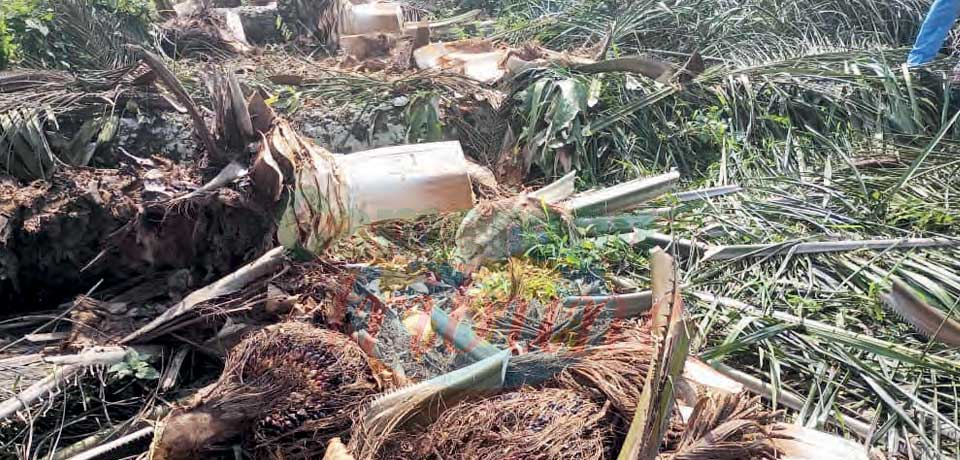
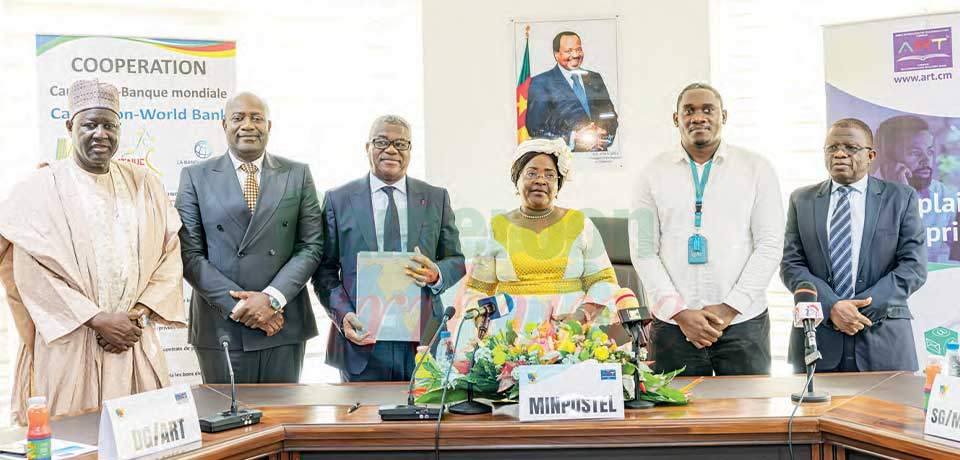
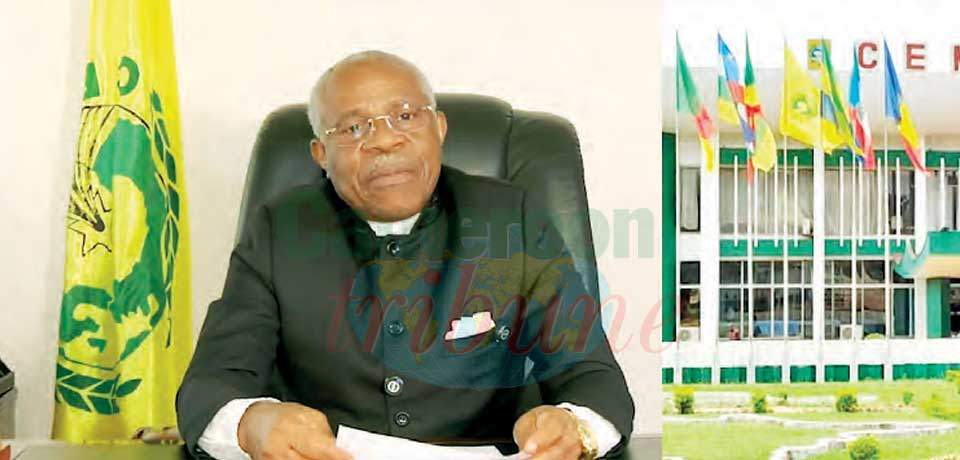
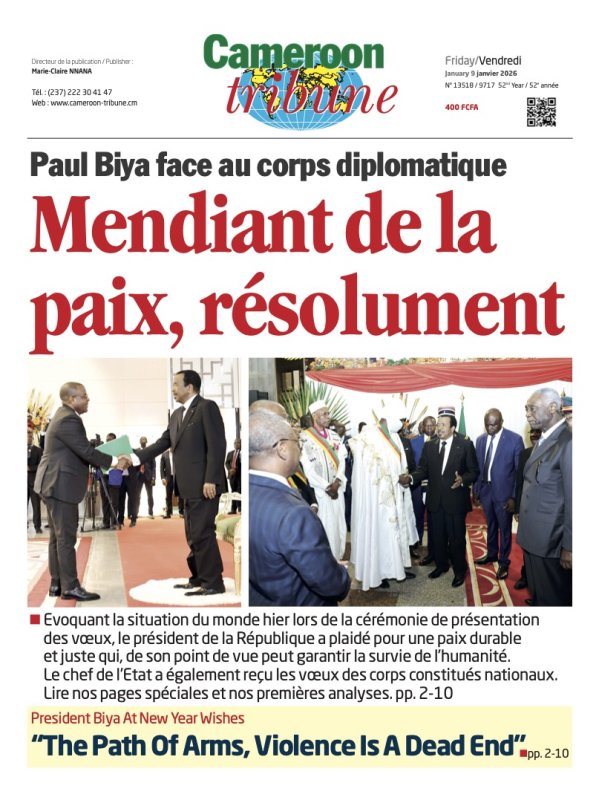




Commentaires